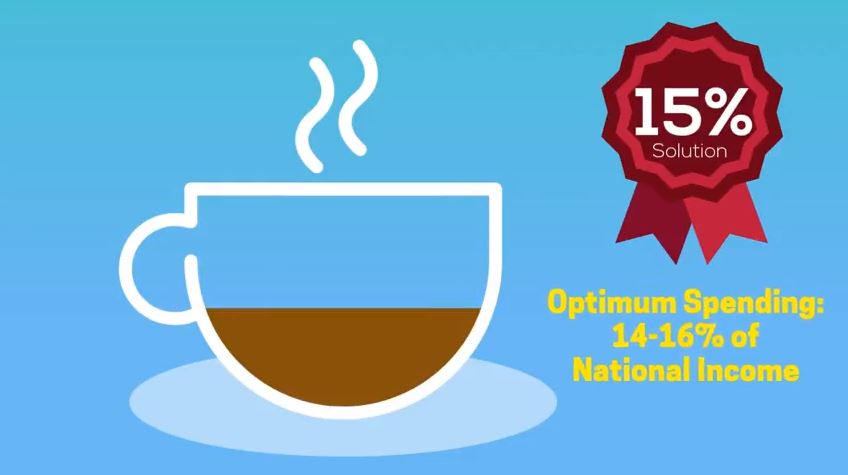The old joke about the drunk and the policeman is apropos for far too many pharmaceutical studies. Typically, the joke goes something like the following:
A policeman sees a drunk man searching for something under a streetlight and asks what the drunk has lost. He says he lost his keys and they both look under the streetlight together. After a few minutes the policeman asks if he is sure he lost them here, and the drunk replies, no, that he lost them in the park. The policeman asks why he is searching here, and the drunk replies, “this is where the light is.”
In the latest iteration, a Health Affairs study by Hernandez et al. (2019) found that the prices for existing pharmaceutical drugs are growing quickly and, therefore, the U.S. has a drug inflation problem.
Only, the researchers found no such thing. Instead, their analysis suffers from the “streetlight effect”.
In this case, the “streetlight” refers to the price that manufacturers charge for medicines, what is called the wholesale acquisition cost, or WAC. Patients (actually, the insurers who pay the costs on behalf of patients) do not pay the WAC. Middlemen, which includes pharmacy benefit managers (PBMs), negotiate steep discounts and rebates from the WAC. Therefore, the actual transaction prices patients pay are much less than the WAC prices.
Data on medicines’ actual transaction price are difficult to find, while WAC data is readily available. For this reason, many analyses use the WAC data to evaluate pricing trends.
Over the past several years, the WAC has been growing quickly, which is precisely what the Health Affairs study finds. However, the discounts and rebates paid to PBMs have been growing nearly as quickly, and even faster in some years. Since the discounts and rebates have been growing in step with the WAC, the actual transaction prices have been growing much slower.
The divergence between the WAC and the drug’s transactions prices mean that Hernandez et al. (2019) do not actually find that there is a price inflation problem. Their results can’t come to any conclusions about prescription drug inflation because the study is not evaluating the right data.
Instead, like the drunk looking for his keys under the light, this is simply another study that evaluates the data that is available not the data that provides insights regarding the question at hand.
All of this begs an important question: why should the average patient care? The answer is simple: just like the drunk who will never find his keys while he is looking in the wrong place, we will never fix what is ailing the U.S. health care system while we keep fixating on the wrong diagnosis.
Dr. Wayne Winegarden is a senior fellow in business and economics at the Pacific Research Institute.

